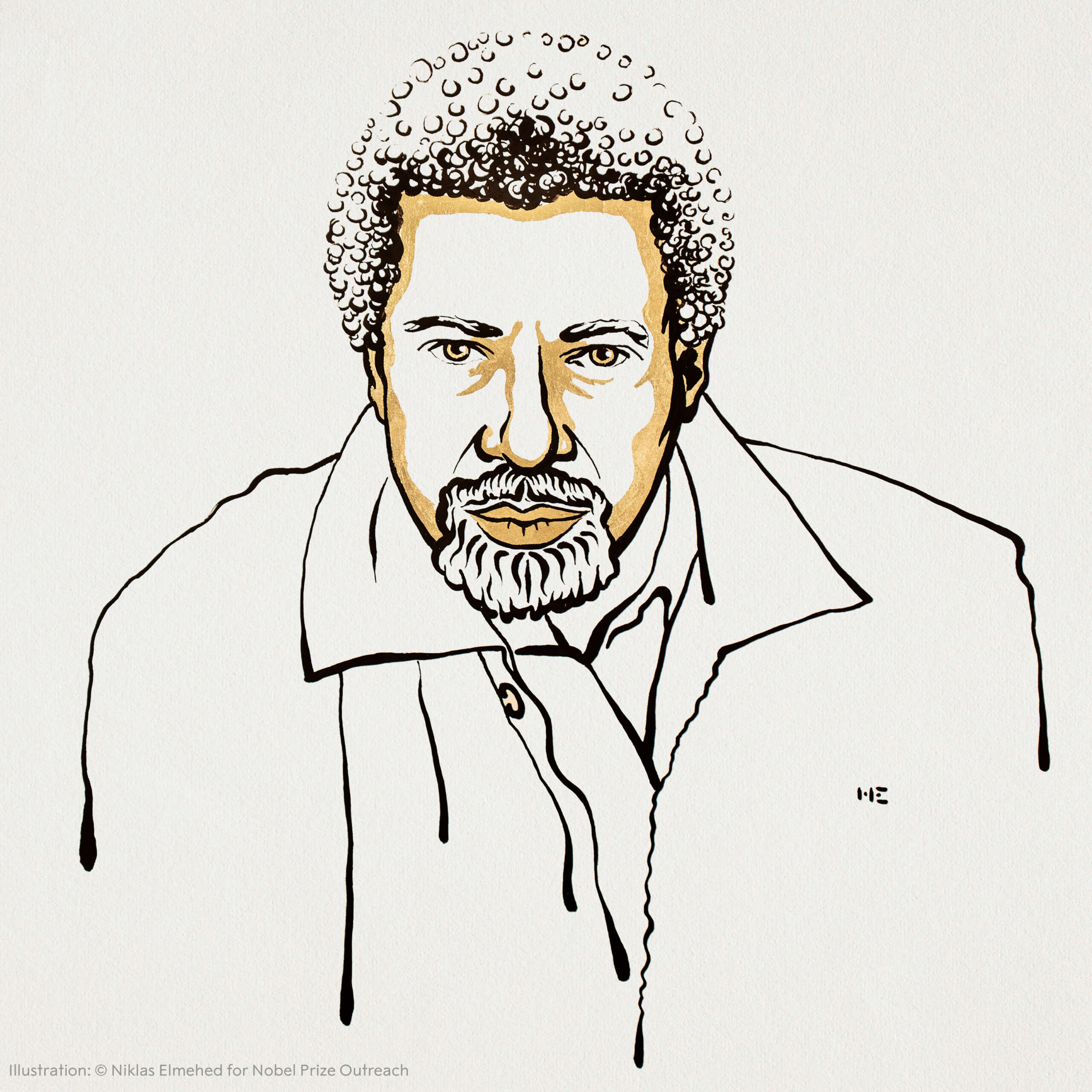Novelist Abdulrazak Gurnah awarded the Nobel Prize in Literature
Gurnah was recognized for his portrayal of the refugee experience and his focus on identity and self-image.
Hannah Loss • October 7, 2021

Abdulrazak Gurnah, winner of the Nobel Prize in Literature 2021. Niklas Elmehed © Nobel Prize Outreach.
Abdulrazak Gurnah was awarded the 2021 Nobel Prize in Literature this morning. His work is known for its compassionate portrayal of the refugee experience and critical exploration of colonialism. He is the fifth African-born person to win a Nobel for literature, and the first Black writer to receive the prize in 28 years.
Gurnah was born in 1948 in Zanzibar, now part of Tanzania, and came to England at age 18 to escape ethnic persecution. He recently retired from his position as Professor of English and Postcolonial Literatures at the University of Kent.
Gurnah’s first language is Swahili, but English became his literary language. His work represents a connection between “the life left behind and the life to come,” both for himself and his refugee characters, The Nobel Committee said during the award announcement.
Committee chair Anders Olsson explained how Gurnah’s work carries a “nostalgia” for pre-colonial Africa while rejecting the stereotypical descriptions of East African cultures often portrayed through the lens of German, Portuguese, or British colonizers. Gurnah’s fourth novel, Paradise, released in 1994, was a breakthrough coming of age story that highlights the local experience in pre-colonial Africa at the onset of European colonialism, according to the Nobel Committee’s press release.
The award was announced in a gilded hall at the Swedish Academy in Stockholm, home to the Nobel literature prize since 1901. The Nobel Committee called Gurnah with the news and “caught him in the kitchen” at home, said Olsson.
When asked by the Associated Press whether the European refugee crisis and rise of the far-right influenced the committee’s decision, Olsson said, “We are affected by what’s happening in the world, it would be strange otherwise.” However, he clarified that the issues raised in Gurnah’s stories — colonialism, displacement, and living in exile — are long-standing, and current political forces didn’t impact the committee’s decision.
Gurnah’s perspective on the boundaries created by governments and cultures is evident in his 2002 novel, By the Sea: “Before maps, the world was limitless. It was maps that gave it shape and made it seem like territory, like something that could be possessed, not just laid waste and plundered. Maps made places on the edges of the imagination seem graspable and placable.”
1 Comment
Interesting guy.Thanks for your article. Makes me want to read some of his books!